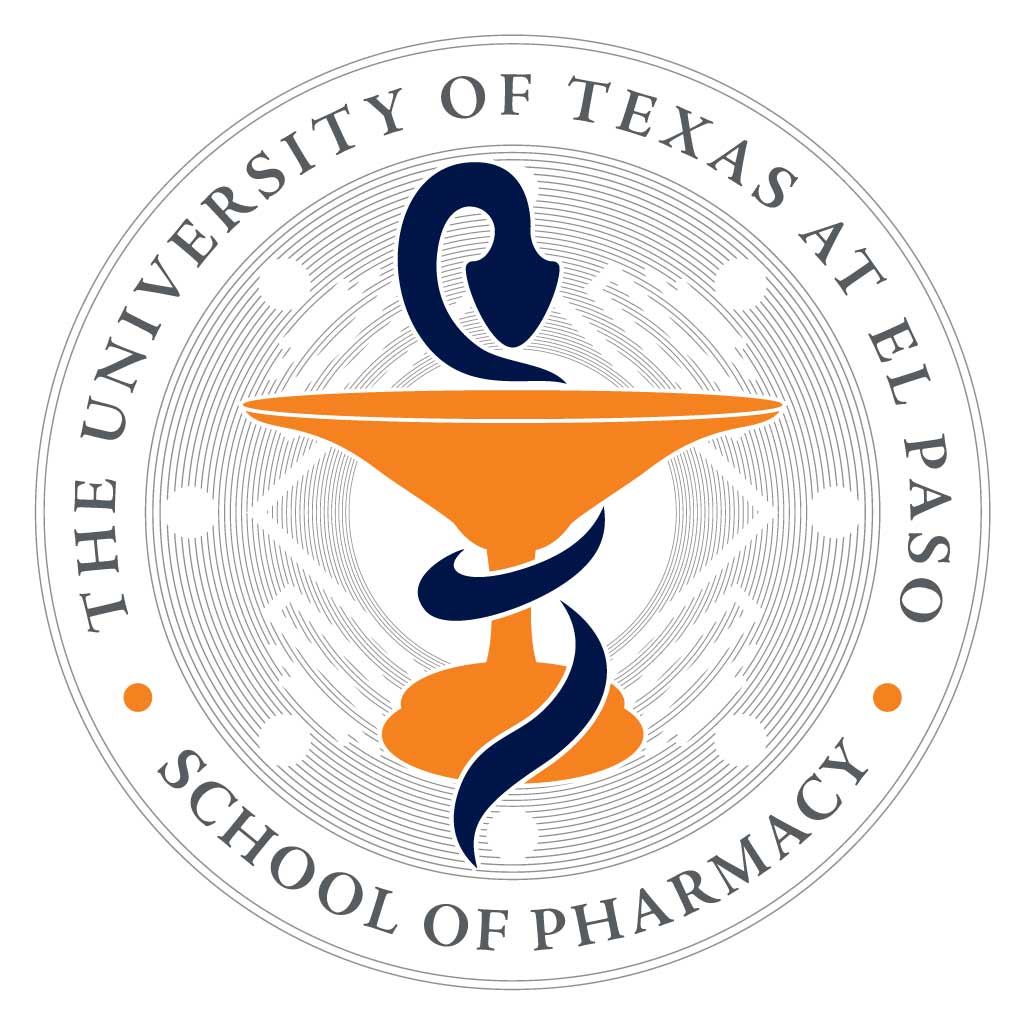UTEP Pharmacy School Takes Step Toward Accreditation
Last Updated on July 12, 2017 at 12:00 AM
Originally published July 12, 2017
By UC Staff
UTEP Communications
The Accreditation Council for Pharmacy Education (ACPE) granted on July 11, 2017, a precandidate status for The University of Texas at El Paso’s School of Pharmacy, which will allow the new school to enroll its first cohort of 40 students and begin instruction in August 2017.

José O. Rivera, Pharm.D., founding dean of the new school, called this decision a watershed moment for the school, the University and the community because the school will offer a curriculum more in line with what is needed culturally in El Paso and in communities across the U.S. with growing Hispanic populations. The school, which will offer a doctorate of pharmacy, is the first of its kind on the Texas-Mexico border and is among the few Pharm.D. programs at a Hispanic-Serving Institution.
“This is a significant step in what has been a long journey,” said Rivera, a UTEP educator and administrator since 1996. “I am not surprised at the council’s decision. We have worked extremely hard to get to this point. We were able to achieve this through the great support of the UTEP administration and the other colleges. This is a great moment.”
Rivera said among the school’s goals are to increase the number of Hispanic pharmacy students. The U.S. Census Bureau reported that as of July 1, 2015, Hispanics made up 17.6 percent of the nation’s population, and only 4 percent of the nation’s pharmacy students are Hispanic, Rivera said.
The ACPE decision was based on a report prepared by reviewers from peer institutions who participated in an intense two-day site visit in April 2017 where they met with school faculty, staff, preceptors and University administrators. The team reviewed curriculum, admission policies and procedures, and visited the school’s labs and classrooms in the Campbell Building, 1101 N. Campbell St., and facilities on the main campus to include the University Library, the Bioscience Research Building and the Center for Simulation in the Health Sciences and Nursing Building.
Rivera said the precandidate accreditation will allow the school to build on its recruitment efforts. The majority of the first cohort is from the Paso del Norte region, but he is confident the unique curriculum that promotes Spanish proficiency and cultural sensitivity, and a primary care emphasis will draw future students from other parts of the country. He points out that while the school’s emphasis is on the Hispanic culture, the curriculum will help graduates to assimilate among all ethnicities.
“What they learn here can be applied to other cultures, beliefs and behaviors,” Rivera said. “Our goal is to help the underserved beyond counseling and dispensing medication. We want our graduates to be proactive and work with physicians, nurses and other health care providers in the early management of long-term conditions such as hypertension and diabetes so we can improve outcomes.”
The University had been part of the UTEP-UT Austin Cooperative Pharmacy Program since 1999. Students in this six-year program did the first two years and the last two years at UTEP and the middle two years at UT Austin. The University’s final cooperative class students will graduate in 2019.
Rivera, a licensed pharmacist, said full accreditation is earned after a school graduates its first class. He expects that to happen in four years.
Information: 915-747-8519 or utep.edu/pharmacy